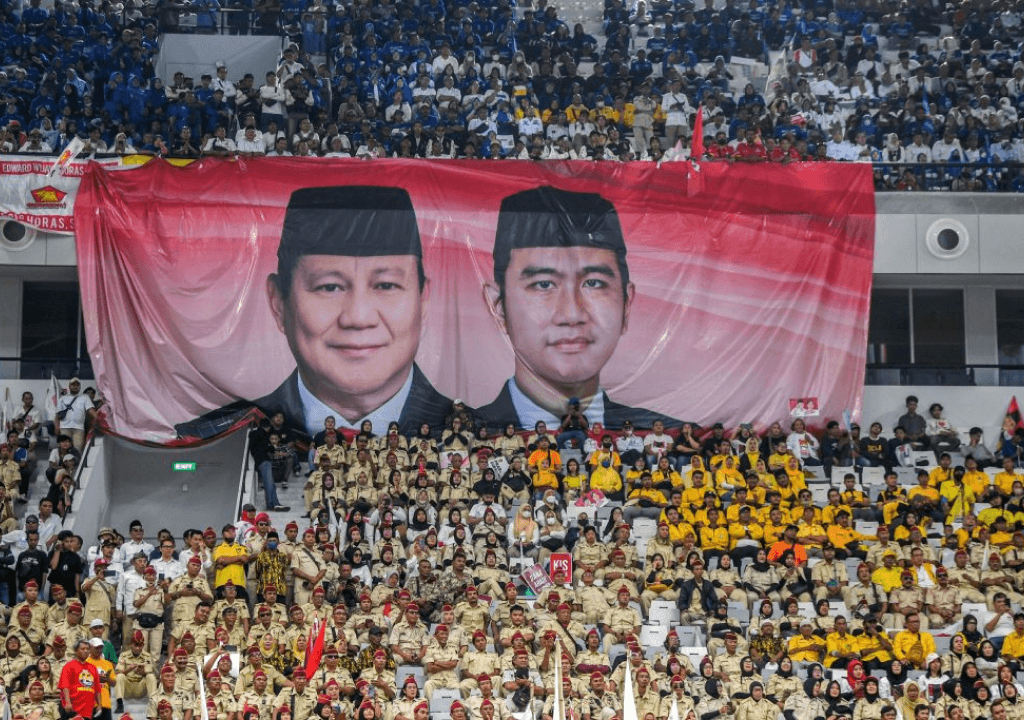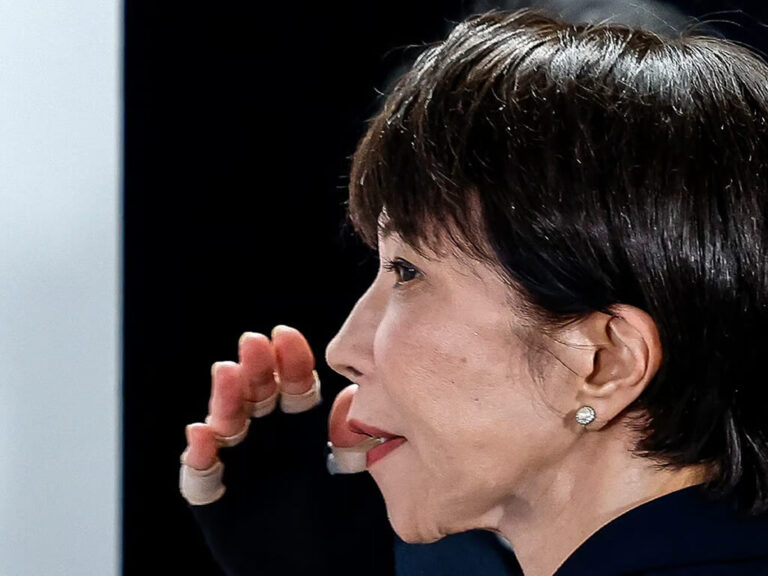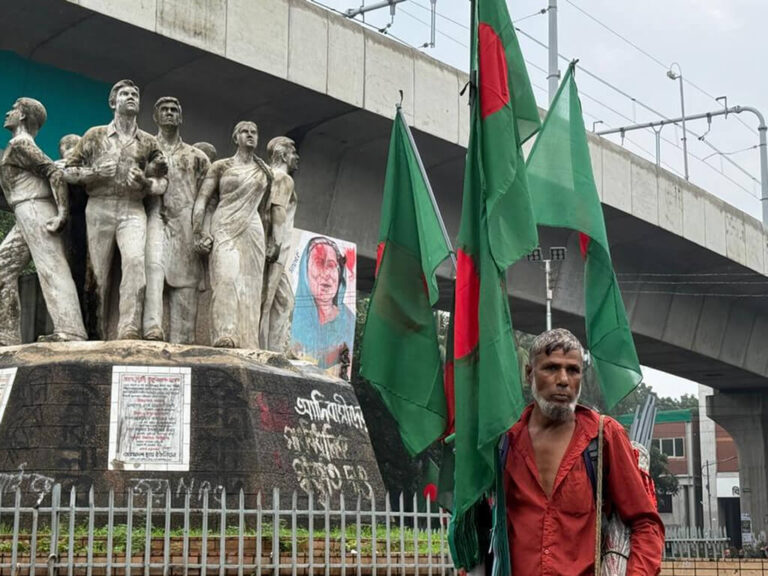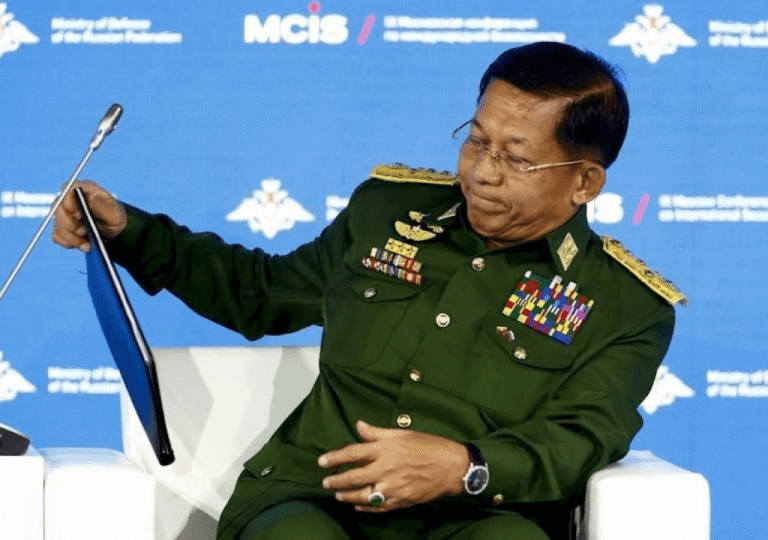On February 14th, Indonesia, the third-largest democracy globally, will decide on their next president. Jokowi, the current president and a prominent populist leader, continues to shine on the political landscape. However, constitutional constraints prevent the incumbent President Joko Widodo, affectionately known as Jokowi, from seeking a third term. Nevertheless, Jokowi wields substantial influence in the election by offering unprecedented support to the leading candidate, Prabowo Subianto, challenging entrenched norms in Indonesian politics.
Although Mr. Widodo has not officially endorsed a specific candidate, his clear indications of support for Prabowo—whose running mate, Gibran Rakabuming Raka, is Jokowi’s eldest son—have sparked discussions. Jokowi, serving as Indonesia’s second two-term president since the introduction of direct presidential elections in 2004, stands in stark contrast to his predecessor, Susilo Bambang Yudhoyono. Yudhoyono adhered to the societal tradition of official neutrality during polls, refraining from political involvement. In contrast, Jokowi is affiliated with the Indonesian Democratic Party of Struggle (PDI-P) and actively participates in political events. Adding to the complexity, candidate Jokowi is endorsing Prabowo, who is not a member of PDI-P. Instead, Prabowo belongs to another party called the Great Indonesia Movement (Gerindra) party.
Furthermore, the incumbent president’s frequent visits to the crucial battleground of Central Java in the weeks leading up to the election, described as work trips by his office but perceived by some analysts as open campaigning for Prabowo, the leader of the Great Indonesia Movement (Gerindra) party, have raised eyebrows. Ganjar Ponomwo, presidential candidate from Jokowi’s Indonesia Democratic Party of Struggle (PDI-P), strongly advises Mr. Widodo to make a clear endorsement statement, emphasizing the vital need for state officials to remain impartial while navigating this complex political environment.
During his campaign, Mr. Prabowo has pledged to continue programs initiated by Mr. Widodo, reciprocating the incumbent’s involvement in populist initiatives like providing cash aid and a pay raise for civil servants. This participation is viewed as a mobilization of state apparatus to bolster support for his chosen successor. Prabowo currently leads the polls, with supporters seeing him as a robust leader capable of ensuring stability, committed to maintaining the continuity of Jokowi’s development plans.
If none of the contenders receives more than 50% of the vote on February 14, a runoff between the top two candidates is set for June 14. But according to experts, as of right now, most cases might not require a second round. As to the most recent survey by the Indonesian Survey Circle (LSI), it appears that Prabowo is above the 50% threshold that is required to win in the first round. In the survey that took place between January 16 and 26, 50.7 percent of the 1,200 participants agreed with the former military person who is the favorite of Jokowi. Twenty-two percent of respondents said they supported former Jakarta governor Anies Baswedan. Mr. Ganjar Pranowo, a member of Jokowi’s party, supported by 19 percent of those surveyed . The percentage of people who were unsure was close to 7%.
The unfolding dynamics of this election occur within the context of a significant and diverse electorate. Ongoing debates revolve around the role of political dynasties and their implications for the strength of the country’s democracy. Civil society groups express unease, suggesting that Jokowi is seeking to retain influence even after leaving office. Concerns are raised about the potential ramifications of this alliance, impacting how the public perceives the presidency as an institution and the electoral process as a whole. If Prabowo is chosen in the upcoming election, it is likely to cast more doubts on Indonesian politics, solidifying the continuation of the Jokowi era and further spreading dynasty politics in the so-called third-largest democracy in the world.








